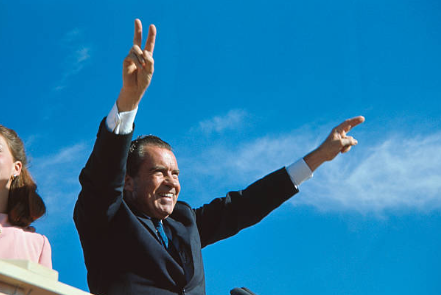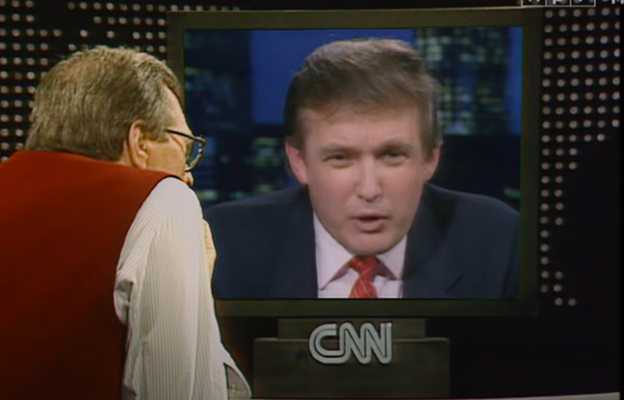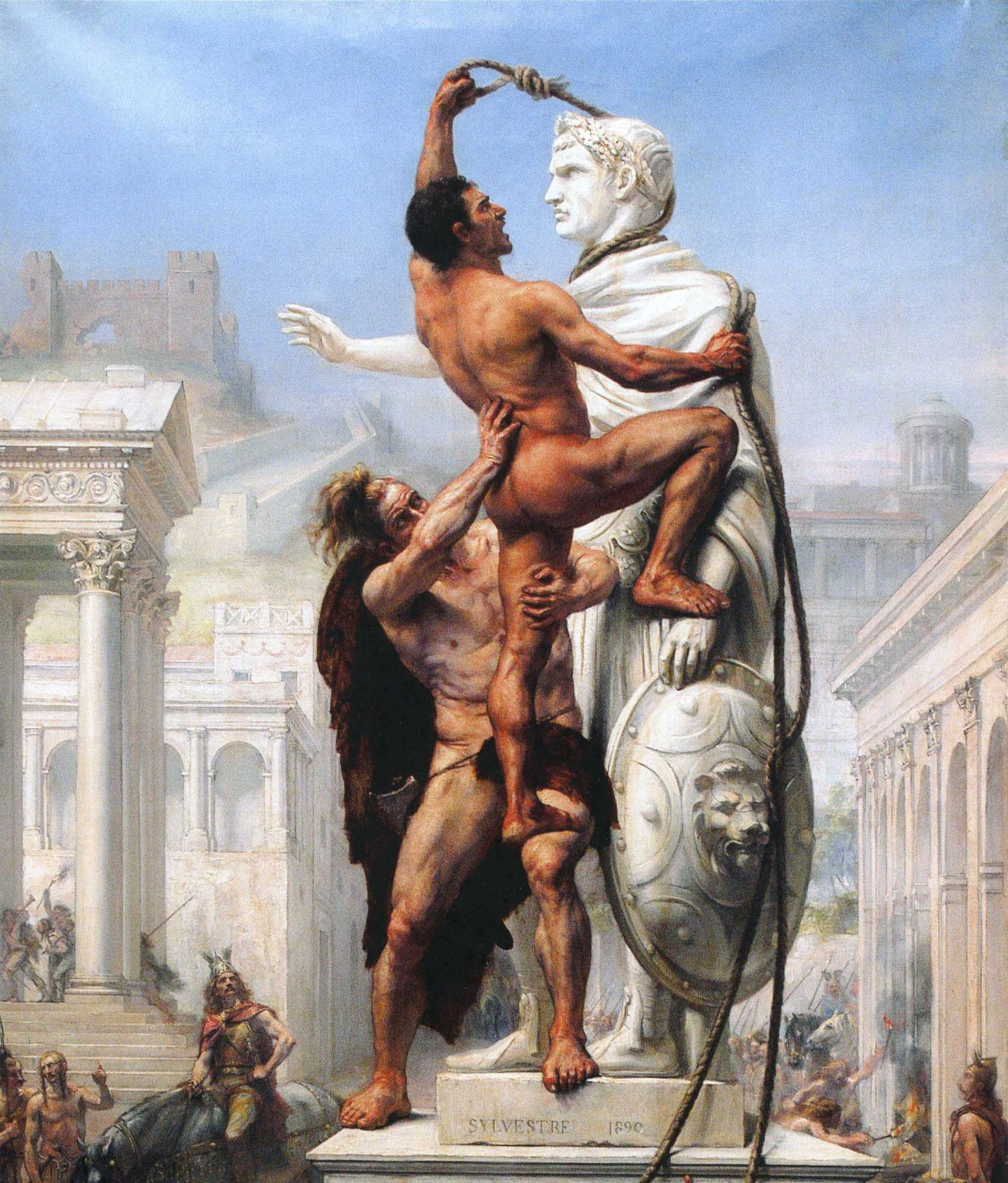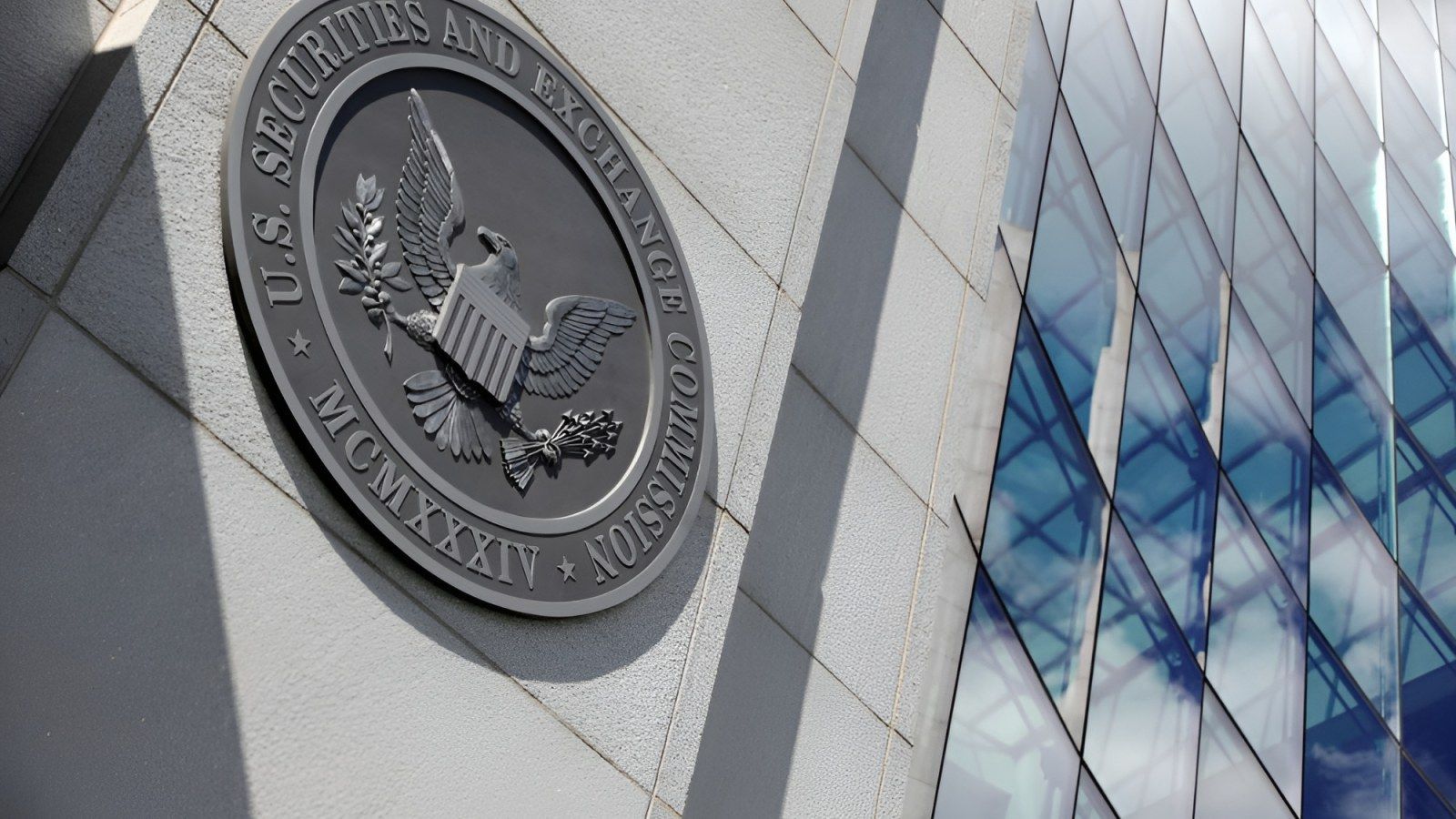Newsroom
Explore our newsroom for our weekly wreck, press releases, and trending topics.
The New World Order & Emerging Themes; The Ghosts of Richard Nixon and FDR
Overview
Occasionally, a president makes massive changes in the status quo where the implications are felt for decades. It appears that we are in the midst of such a moment. This installment will attempt to distill the actions and more importantly, the implications.

The Ghost of R. Nixon
Richard Nixon changed the world in two major ways. One was opening up China (Henry Kissinger’s piece de resistance) and the second was via the devaluation of the dollar (per John Connally, “it might be our dollar, but it is your problem”).
Nixon ended the gold standard due to America’s inability to exchange gold for dollars (largely driven by costs associated with the space race, Vietnam War, and “Great Society” policies). After dropping the false pretense of an effective gold standard, the money supply was free to grow at a more rapid pace.

FDR’s Gold
Similarly, FDR changed the world by first prohibiting individuals from owning gold and then revalued gold from $20.67 to $35 an ounce.¹ With the revaluation, the government was freed to print substantially more currency (which at the time was gold-backed), which helped lift the country out of the Great Depression.
Trump
While it is hard to keep up with the changes emanating from the current administration, from a financial perspective, the installation of tariffs (Liberation or Obliteration Day) to date appears to be the most impactful change. Perhaps it is worthwhile examining some of the motivations behind the actions. It appears that Mr. Trump is attempting to achieve the following:
- End the mercantilist approaches of many countries
- Increase jobs in the U.S.
- Reduce the flow of illegal drugs (primarily fentanyl) and immigrants
- Reduce the debt

Mr. Trump has long viewed that other countries imposed trade barriers to the disadvantage of the United States. The above photo is from a 1980s interview of Mr. Trump with Larry King (https://www.youtube.com/watch?v=n7st2oG5AwU).
It’s the Economy, Stupid
The fear, of course, is that there will be a repeat of the problems caused by the Smoot-Hawley Tariff Act, whereby tariffs dramatically reduced the level of trade and economic activity thereby deepening the Great Depression of the 1930s.² From Mr. Trump’s perspective, the trade barriers have already been imposed by other countries and if other countries reduce their barriers, the U.S. will do the same.
Should these steps toward autarky (i.e., economic independence) continue, the U.S. risks further undermining its position as the world’s reserve currency as fewer international transactions occur in dollars. The result would likely be less foreign investment in American debt, making funding the U.S. government more difficult (particularly considering that the interest payments on federal debt are now 13%+³ of the federal budget).
A significant reason for the failure of the Harris ticket in the 2024 election was inflation experienced under the Biden / Harris administration. Mr. Trump risks imposing his own mandated inflation on American consumers and thus risks rendering his Republican Party unappealing to voters.
The positive effects of job creation are likely to take time. Investment in American manufacturing requires careful consideration and planning, which in many cases won’t be complete before the midterm elections in 19 months.
Likely Outcome
Mr. Trump takes great pride in his ability to “make a deal” and is likely to reset trade relations with many countries. For some, however, there probably will be no “deal” available. The likely course may be some work-around and a significant reduction in trade. The countries which come to mind are Mexico and China, both of which will probably see a massive decline in trade in the short run. The upshot of the recent policy changes will probably be continued pressure on the financial markets but over time, a rise in domestic activity albeit with massive shifts in sourcing. (Supply chain professionals are probably apoplectic.)
Land Grabs
As is the case for many developers, Mr. Trump can be accused of having an “edifice” complex, whereby he wants to make his mark over time via large, impressive buildings. For Mr. Trump, perhaps he wishes to leave a more impressive mark (why not?) in the form of land acquisitions that will be remembered for centuries to come. Perhaps top of the list is a partial annexation of Greenland, and second is a change in the U.S.’s relationship with Canada.
While it is hard to conceive that the U.S. would annex Greenland, it is also hard to reconcile Denmark’s owning it. Watch for some protectorate path over time. (see Puerto Rico, Guam, the U.S. Virgin Islands, etc.)
The Panama Canal remains a concern for the current administration, which has been further complicated as China has expressed dissatisfaction with the BlackRock deal.⁴
“Let’s kill all the Lawyers”
The above quote is from Shakespeare’s play Henry VI⁵ but is often repeated in other contexts. The relevancy here is that the trial attorneys are major contributors to the Democratic party and are likely to face challenges under the new administration. Combining the perceived over-reach of lower-level judges via recent nationwide injunctions, and the difficulties of firms such as Johnson & Johnson related to $10+ billion baby powder claims⁶, the probability of structural changes in this area is high.
Conclusion
The current administration believes it has a mandate for change and is proceeding with alacrity. The recent drop in the equity markets is likely to have little impact on Washington actions in the short run.
Sources
[1] https://en.wikipedia.org/wiki/Executive_Order_6102
[2] https://en.wikipedia.org/wiki/Smoot%E2%80%93Hawley_Tariff_Act
[3] https://fiscaldata.treasury.gov/americas-finance-guide/federal-spending/
[4] https://finance.yahoo.com/news/doubts-over-ck-hutchison-port-110305843.html
[5] https://en.wikipedia.org/wiki/Let%27s_kill_all_the_lawyers
[6] https://www.reuters.com/sustainability/boards-policy-regulation/us-judge-rejects-jjs-10-billion-baby-powder-settlement-2025-04-01/





